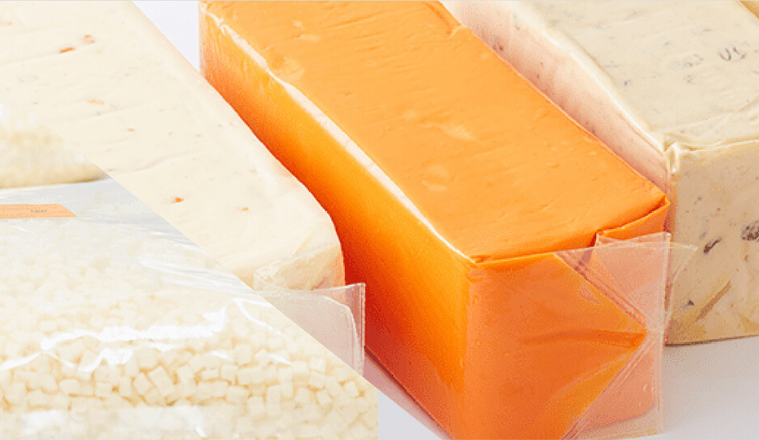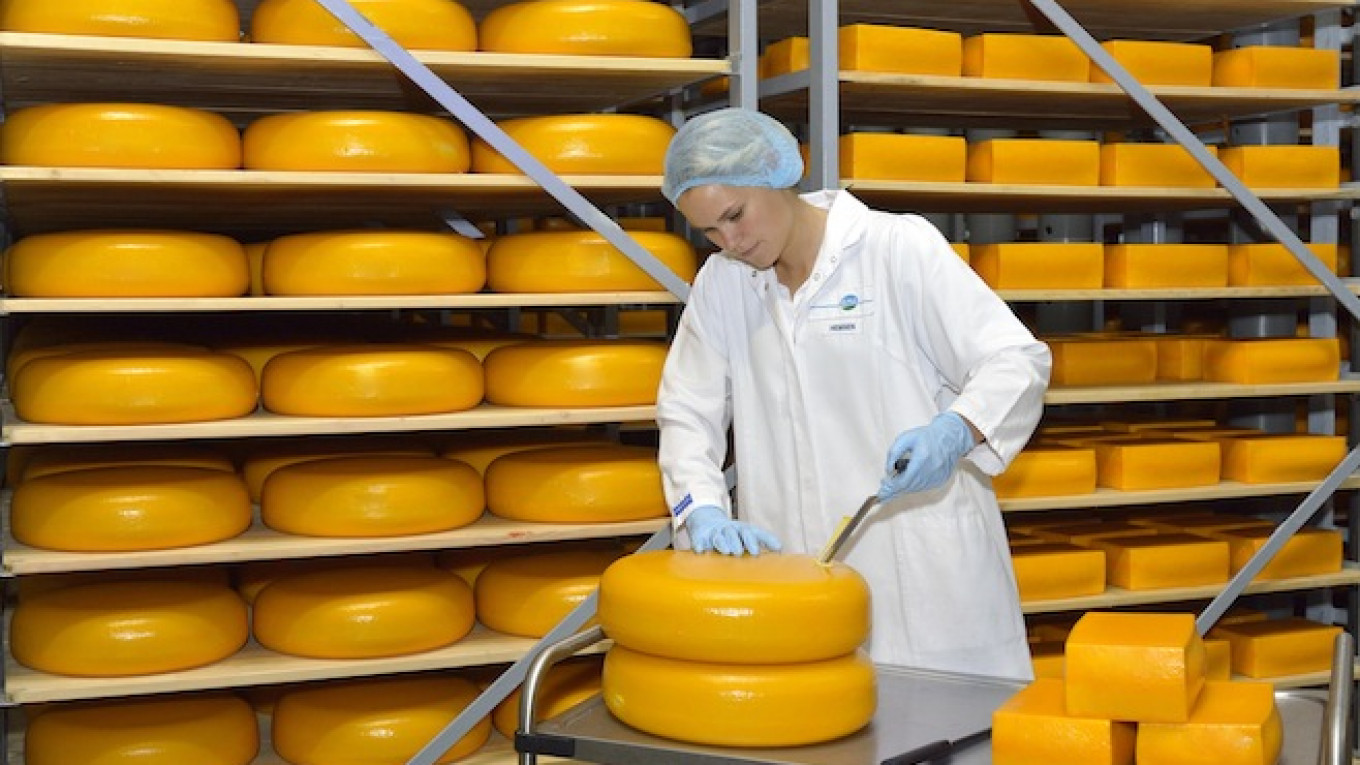Cheese Makers Melbourne: Crafting optimum Cheeses In Your Area
Checking Out the Art of Cheese Production: Methods, Procedures, and Advancements in the Dairy Market
The exploration of cheese manufacturing incorporates a diverse selection of strategies and processes that reflect both historic practices and contemporary technologies within the milk industry. By checking out the intricate art of fermentation, aging, and modern manufacturing approaches, one gains insight into how artisans and large manufacturers alike adjust to progressing customer choices and sustainability difficulties. As we take into consideration the implications of these advancements, it ends up being important to examine how they will form the future landscape of cheese and its duty in our diet regimens and cooking practices.
History of Cheese Making
Tracing its origins to ancient worlds, the history of cheese making exposes a rich tapestry of social and technological advancement. Evidence recommends that cheese production days back over 7,000 years, with archaeological searchings for from regions such as Mesopotamia and the Indus Valley showcasing very early dairy techniques. These societies made use of milk from domesticated pets, and through all-natural processes of fermentation and coagulation, they produced rudimentary types of cheese.
As civilizations proceeded, the art of cheese making became more refined. The ancient Egyptians and Greeks documented their approaches, that included a range of milk resources and diverse methods for aging and flavor cheese. The Romans even more sophisticated cheese production, exporting their expertise across Europe, which resulted in regional adaptations and distinct varieties.
The Center Ages saw the establishment of abbeys as facilities of cheese production, where monks developed unique dishes that mirrored local tastes and offered sources. Throughout the centuries, cheese production has evolved, influenced by aspects such as location, environment, and cultural methods. This abundant history not only shows the resourcefulness of early cultures however also lays the structure for the diverse cheese ranges took pleasure in today across the globe.
Traditional Cheese Manufacturing Methods
Standard cheese production techniques include a range of classic methods that have been passed down via generations. These strategies, frequently region-specific, show the one-of-a-kind cultural heritage connected with cheese-making. The procedure usually begins with sourcing top notch milk, which can vary in kind depending on the wanted cheese.
Coagulation is attained through the addition of rennet and occasionally an acid, resulting in the development of curds. The curds are after that reduced and carefully stirred, allowing whey to divide. This first curdling phase is crucial, as it affects the appearance and wetness material of the final product.

Fermentation and Aging Procedures
Fermentation and aging processes are important to the advancement of cheese, taking place after the preliminary curdling and pushing stages. During fermentation, particular bacterial cultures are presented to the curds, promoting the conversion of lactose into lactic acid. This acidity not only assists in curd preservation but also adds to the flavor profile and texture of the end product.
As the cheese ages, biochemical reactions continue to occur, influencing its taste, aroma, and texture. Enzymes and bacteria damage down healthy proteins and fats, causing the growth of intricate tastes. The aging setting, consisting of temperature and moisture, plays a critical role in this maturation procedure. Various cheeses call for differing aging durations, which can vary from a couple of weeks to a number of years, causing unique attributes.
Additionally, the existence of molds or yeasts on the cheese surface area can further improve taste intricacy. Blue cheeses rely on particular mold cultures to produce their signature taste accounts. Overall, both fermentation and aging are important in specifying the originality of cheeses, permitting artisans to create a diverse array of items that provide to a large range of tastes buds.
Modern Developments in Dairy Manufacturing
Advancements in milk production have changed the cheese-making procedure, improving effectiveness and product high quality. Technological improvements, such as automated milking systems and precision fermentation strategies, have structured operations and enhanced uniformity in raw milk high quality. These systems decrease labor costs and boost animal welfare by permitting even more comfortable and reliable milking practices.
Moreover, the unification of data analytics find here and IoT (Web of Things) tools has allowed dairy products producers to monitor numerous criteria, such as temperature and humidity, in real-time. cheese makers melbourne. This ability makes sure optimum conditions throughout the cheese-making process, resulting in a greater top quality final product
Additionally, developments in pasteurization approaches, consisting of high-temperature short-time (HTST) pasteurization, have not only enhanced food security yet also protected the delicate tastes and nutrients inherent in milk.
Sustainable practices are additionally acquiring traction, with improvements in waste administration and renewable resource application. Many manufacturers are currently harnessing biogas from dairy waste, promoting environmental stewardship while concurrently reducing functional costs.
These contemporary advancements jointly add to an extra effective, sustainable, and premium cheese manufacturing process, setting brand-new criteria in the milk market.
Future Patterns in Cheese Industry
As celebrity sector proceeds to advance, arising patterns are reshaping production, consumption, and marketing approaches. One significant fad is the growing demand for artisanal and specialty cheeses, driven by consumers looking for one-of-a-kind flavors and top quality components. This shift is motivating producers to embrace typical methods while including modern-day innovation for boosted quality assurance.
Sustainability continues to be at the forefront of customer choices, prompting manufacturers to explore environment-friendly techniques, such as decreasing water usage, enhancing energy usage, and using naturally degradable packaging materials. Additionally, developments in plant-based cheese choices are expanding market chances, satisfying the increasing variety of vegan and lactose-intolerant customers.
In addition, electronic marketing and ecommerce are transforming just how cheese is marketed and marketed, allowing producers to connect straight with customers and tailor their offerings to certain demographics. Membership services and on-line platforms are ending up being preferred channels for cheese distribution, improving accessibility and comfort.
Lastly, health-conscious trends are affecting cheese solutions, with producers establishing lower-fat, lower-sodium, and nutrient-enriched alternatives to meet customer needs. As these fads continue to unravel, the cheese market is most likely to witness a dynamic makeover that lines up with modern-day customer values and choices.

Verdict
The exploration of cheese manufacturing reveals an intricate interplay of time-honored techniques and contemporary developments. Typical techniques, rooted in historical techniques, remain to affect modern production while adjusting to developing customer choices. Fermentation and aging procedures continue to be vital to taste growth, while advancements a fantastic read in technology boost efficiency and sustainability. As the dairy products market welcomes health-conscious patterns and great post to read eco-friendly practices, the future of cheese production guarantees continued development and advancement, ensuring its long-lasting value in cooking culture.